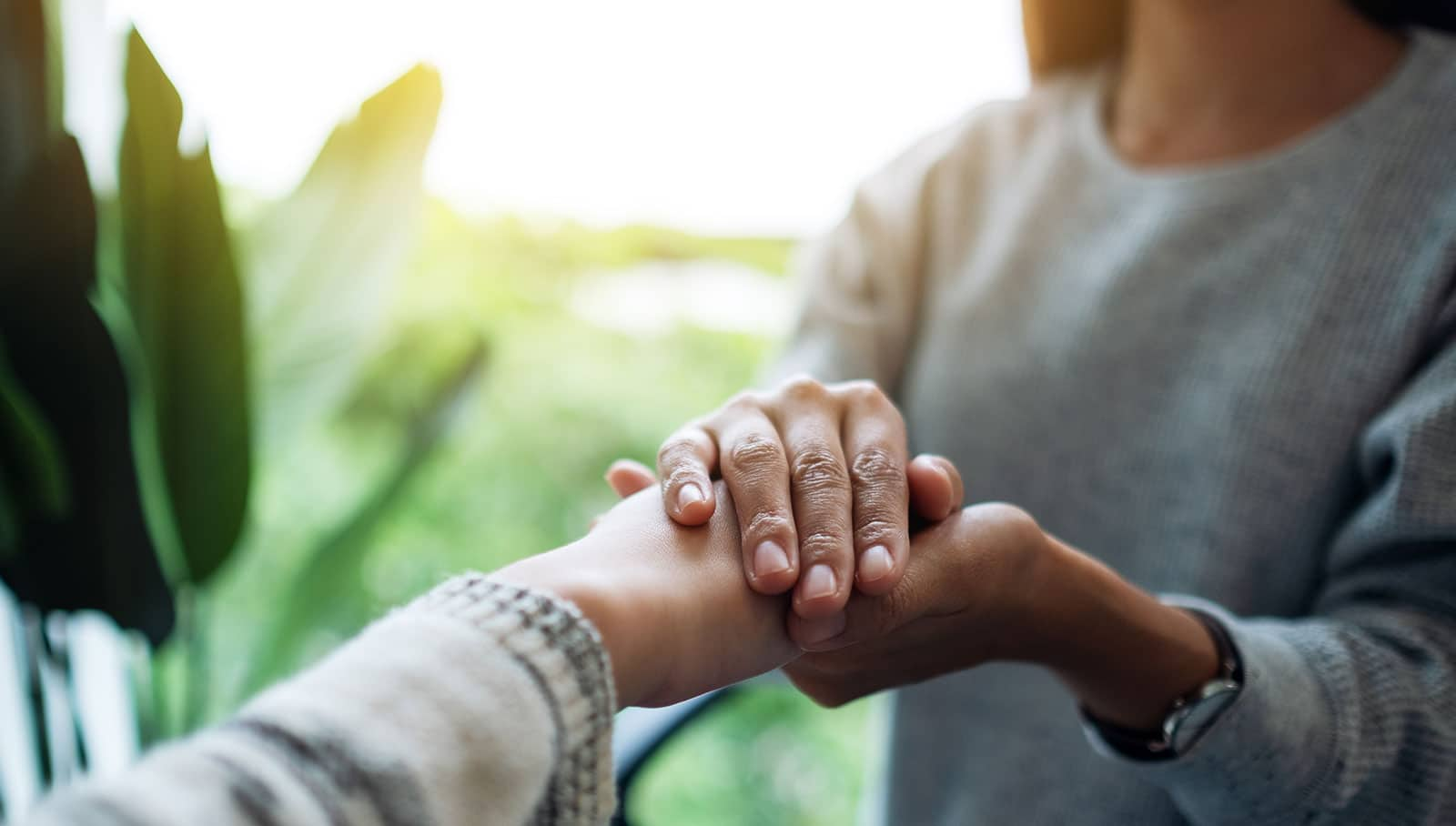
Generosity? It is one of those qualities that everyone loves, but few people truly grasp in its entirety. We are taught when we are young that it is a good thing to give, to be kind, to serve others. But what if giving makes us feel depleted, resentful, or invisible? And how do we determine when our kindness is benefiting others—and secretly hurting us?

The True Meaning of Generosity
Generosity is not simply a matter of grand gestures or self-sacrifice. It’s a subtle dance between intent, impact, and the narratives we use to define what it means to be a “good” person. As scholars at Yale School of Management have found, the inquiry into what constitutes an act of generosity is every bit as much about why we give as it is about what we give. Is it the quantity of lives we touch, or the integrity of our intentions? Can any kindness ever really be selfless, or are we always, somehow, looking to feel good or be noticed?

The Science-Backed Benefits of Kindness
If you’ve ever experienced that feeling of a warm glow after assisting another person, you’re not just dreaming. Studies show that acts of kindness can boost your mood, reduce stress, and even improve your physical health. As the Mental Health Foundation points out, helping others is linked to increased well-being, stronger social connections, and a greater sense of belonging. Kindness can lower blood pressure, release feel-good brain chemicals, and create a ripple effect—when you’re kind, others are more likely to pay it forward.
But here’s the catch: kindness isn’t only about others. It’s also about you. As the Mayo Clinic Health System suggests, showing kindness to yourself—in the form of affirmations, self-care, and gratitude—can be as life-changing as any external act.

The Fine Line: Generosity vs. Overgiving
Here’s where it gets confusing. Not all giving is equal. There is a universe of difference between healthy generosity and overgiving—the latter being that which exhausts you, gets you anxious, or makes you resentful. According to Vera Velini, generosity is a product of abundance and love with no strings attached. Overgiving tends to be driven by fear—fear of rejection, confrontation, or inadequacy. It is given to calm your uneasiness or to gain approval, as opposed to out of caring.

The consequence? Burnout, resentment, and one-sided or unsatisfying relationships. If you’re perpetually saying yes when you mean no, or feeling invisible after investing your energy into others, you may be trapped in the overgiving cycle.

Why Boundaries Matter: Self-Care as the Foundation of Healthy Giving
Healthy generosity has nothing to do with martyrdom. It has everything to do with balance—knowing when to give, when to take a step back, and when to fill up your reservoir first. As Karen of Veritus Group says, kindness requires its siblings: honesty, authenticity, empathy, and self-love. Without boundaries, kindness can devolve into self-sacrifice, leaving you tapped out and, ironically, less capable of helping anyone at all.
Setting boundaries isn’t selfish—it’s essential. It means being honest about your limits, expressing your needs, and trusting that real relationships can handle a little discomfort. It’s about giving from a place of fullness, not obligation.

Giving Without Expectation: The Secret Ingredient
Perhaps the most compelling change you can initiate is learning to give without expecting anything back. This doesn’t signify that you never desire reciprocation—reciprocity is necessary and healthy—but it signifies that your joy isn’t contingent upon others’ response. As Neel Raman describes, giving without expectation liberates you from disappointment and makes the act itself the reward. It enriches your relationships, enhances your self-esteem, and inspires gratitude.

Navigating Expectations and Entitlement in Relationships
It’s reasonable to expect others to meet us halfway, but expectations can lead to disappointment and resentment. The presumed similarity bias—the expectation that other people think and act as we do—can cause us to ask more of others than they are capable or willing to provide. As one therapist explains, bringing your expectations down and concentrating on what you can control (your behavior, your boundaries) can make relationships happier and healthier.

This does not equate to putting up with abuse or abandonment. If a relationship is really one-sided, then it’s time to back away and invest your energy elsewhere. But in most relationships, just a bit of give and take and knowing yourself can accomplish wonders.

Practical Wisdom: Cultivating Smart, Sustainable Generosity
So how do you become a “smart giver”—a giver who lifts others without sacrificing yourself? It begins with self-reflection. Ask yourself why you are giving: From love or fear? Are you doing it so you’ll be praised, or so you’ll help? Monitor your impact, pay attention to how giving makes you feel, and make the changes necessary.

And remember, kindness is a practice, not a performance. It’s about being present for others—and for yourself—in ways that are authentic, sustainable, and real. When you give from a place of fullness without expectation or self-sacrifice, you create a ripple effect that changes not only your relationships but also your life.
